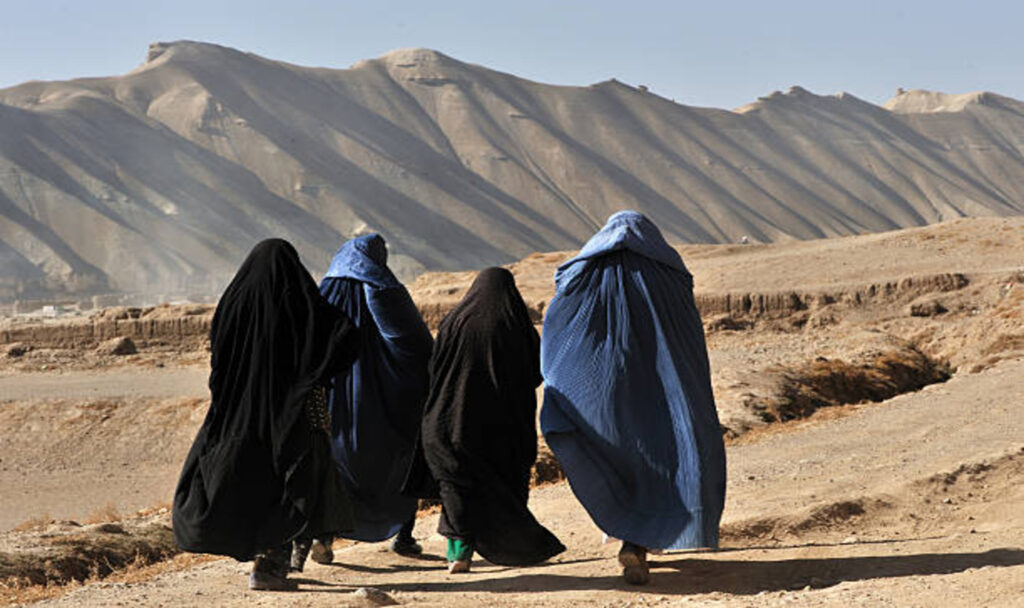In the wake of the Taliban’s takeover in August 2021, Afghanistan has plunged into a deepening humanitarian crisis, with over 15 million people expected to endure food insecurity until October 2023, according to a recent report by UNICEF. The situation has become dire, with 29.2 million people in need of urgent humanitarian assistance. The country’s already struggling economy has been further crippled by a confluence of devastating factors, including drought-like conditions, floods, insecurity, harsh winters, political and economic instability, and large-scale displacement. As a result, 64 percent of households are unable to meet their basic needs, pushing vulnerable populations to the brink of survival.
An economist, Sayed Masoud, underscored the importance of humanitarian aid and food security in elevating the living conditions and meeting the essential requirements of families amidst the turmoil. However, amid the unfolding crisis, Afghan women find themselves facing severe setbacks in their rights and freedoms. The restriction on Afghan women working for NGOs and the UN has raised significant concerns over the protection and safety of vulnerable women and children. Women’s rights activist, Surya Paykan, lamented that despite the immense talent and potential of women, the current government has failed to address this pressing issue.
The situation for women in the country has drastically deteriorated under Taliban rule. They are systematically barred from holding leadership positions and are prohibited from working and traveling without a male companion. The uncertainty looms over the reopening of schools, and there is no clarity on whether the ban on women’s education is indefinite. As the country remains in the grip of the Taliban, the humanitarian crisis shows no signs of abating. The urgent need for humanitarian assistance and food security remains paramount, while the plight of Afghan women continues to be a cause for global concern.
The international community must come together to provide much-needed aid and support to the millions of Afghans facing unimaginable hardships. Addressing the complex challenges posed by Afghanistan’s political situation, economic instability, and gender-based restrictions is essential to bring hope and relief to the suffering population. The path to recovery and stability in Afghanistan is long and arduous, but with concerted efforts and compassion, there is hope for a better future for the nation and its people.
